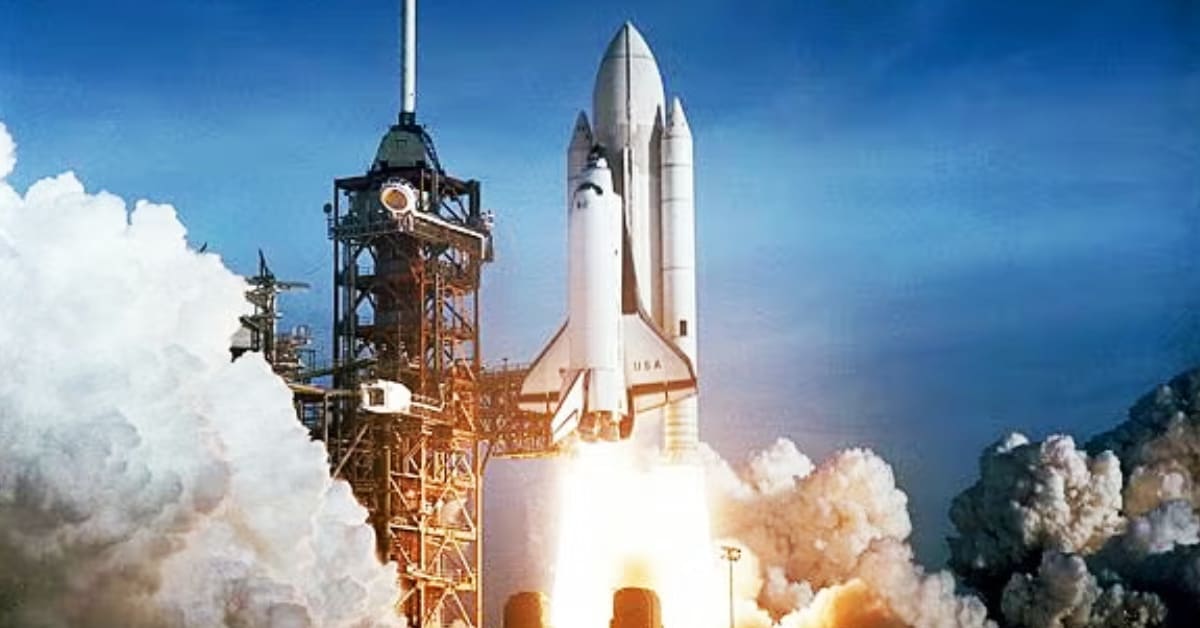Can I Become a Scientist After Diploma in Aerospace Engineering?
Posted on : 11 October, 2025 11:32 am
Many students who study for a Diploma in Aerospace Engineering think about their future career options. The diploma helps them get good technical jobs in the aviation and aerospace fields. But there are even bigger dreams for some students—those like becoming a scientist at ISRO, DRDO, or NASA. The question is: Can someone become a scientist right after a diploma? Let’s find out.
Understanding the Role of a Scientist
A scientist works on advanced research, novel ideas, and difficult problems in a specific area. In aerospace, scientists deal with aerodynamics, engines, satellites, space technology, new materials, and the development of flight systems. They need a good blend of technical skills, theoretical knowledge, and research skills to do this.
Diploma In Aerospace Engineering: Its Beginning
It is a practical, skill-based course that imparts knowledge about aircraft design, maintenance, and a basic understanding of aerospace systems, and so on. It is usually taken for 3 years after Class 10, and its major focus is on practical training. After completing this diploma, one can take up jobs as a technician, junior engineer, and assistant in airlines, aviation companies, or maintenance centers. But to become a scientist, one has to go far beyond just diploma-level qualifications….
Higher Studies After Diploma
If your goal is to work as a scientist, higher education is a must. Here’s the roadmap:
- Lateral Entry to B.Tech/BE in Aerospace Engineering. After completing your diploma, you can join a B.Tech/BE program directly in the 2nd year through lateral entry. This will give you strong theoretical and research-based knowledge.
- Postgraduate Studies (M.Tech/MS) To become a scientist, a master’s degree in Aerospace, Aeronautical, Space Technology, or related fields is usually required. This specialization helps you study advanced topics like satellite technology, engines, robotics, and the movement of air and fluids.
- Doctorate (Ph.D.) for Research. If you aim for research-intensive roles in organizations like ISRO, DRDO, or NASA, pursuing a Ph.D. adds great value. This degree allows you to contribute to cutting-edge projects in space exploration, defense technologies, or aircraft innovations.
Career Opportunities as a Scientist
Once you have completed higher studies, you can apply to top research organizations such as
- ISRO (Indian Space Research Organisation)
- DRDO (Defence Research and Development Organisation)
- NASA (National Aeronautics and Space Administration)
- HAL (Hindustan Aeronautics Limited)
- Private aerospace R&D companies
Looking for some aerospace-related work can entail manufacturing satellites, designing modern aircraft, creating reusable rockets, or looking into new aerospace materials.
Skills Required to Become a Scientist
Other than degrees, one needs to possess the following skills:
- An intense concentration on math and physics
- Research and analytical thinking
- Creative problem solving
- Programming and simulation: are they familiar with these?
- Patience and inquisitiveness for experiments
So, can you become a scientist after a diploma in aerospace engineering? Short answer: No, not really. A diploma, albeit a technical one, prepares you for work and not for research work. You can definitely get to your goal once you pursue B Tech → M Tech/MS → Ph.D. With a diploma, hard work, constant learning, and curiosity may even serve as the first stepping stone toward becoming a successful scientist in aerospace.

